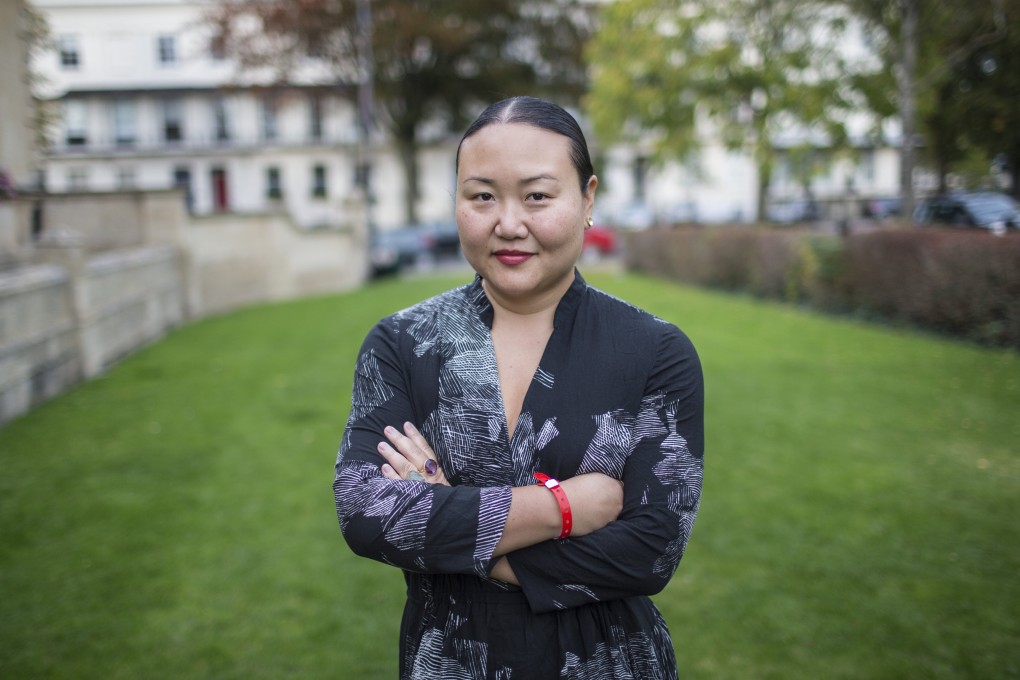Review | Humanity in all its diversity in Hanya Yanagihara’s To Paradise, follow-up to A Little Life
- The follow-up to Yanagihara’s bestseller A Little Life asks how we know if we are in Heaven or Hell in a story split between three eras
- The fault lines of race, the divisions of class, the ravages of Aids and a pandemic-riven future are the backdrops to her dissection of the human condition

To Paradise by Hanya Yanagihara, pub. Pan Macmillan
“Look outside,” a man in a present-day Central Asian dictatorship says to one of the narrators in Hanya Yanagihara’s monumental new novel, To Paradise, pointing to the bustling street below, “does this look like a dystopia to you?”
“What if this was Heaven?” thinks another, about to relinquish security and wealth for an uncertain dream of love in a hostile land. “Would he know if it were?”
Yanagihara answers these questions – rarely sacrificing her exquisite talent for sensual detail and emotional epiphany – through three narratives, or “Books”, rooted in 1893, 1993 and 2093, respectively, and fanning out to encompass both reimagined American history and a pandemic-riven future so plausibly terrifying it reads like a curse. Beware – the same sleepless nights, missed appointments and domestic neglect await the readers of To Paradise as those of A Little Life.
The structure of the new novel splits like a zygote: the first Book a single narrative told chronologically, the second a mirrored dyad, the third shuttling between five seasons in the present and a series of letters from 50 to six years earlier.